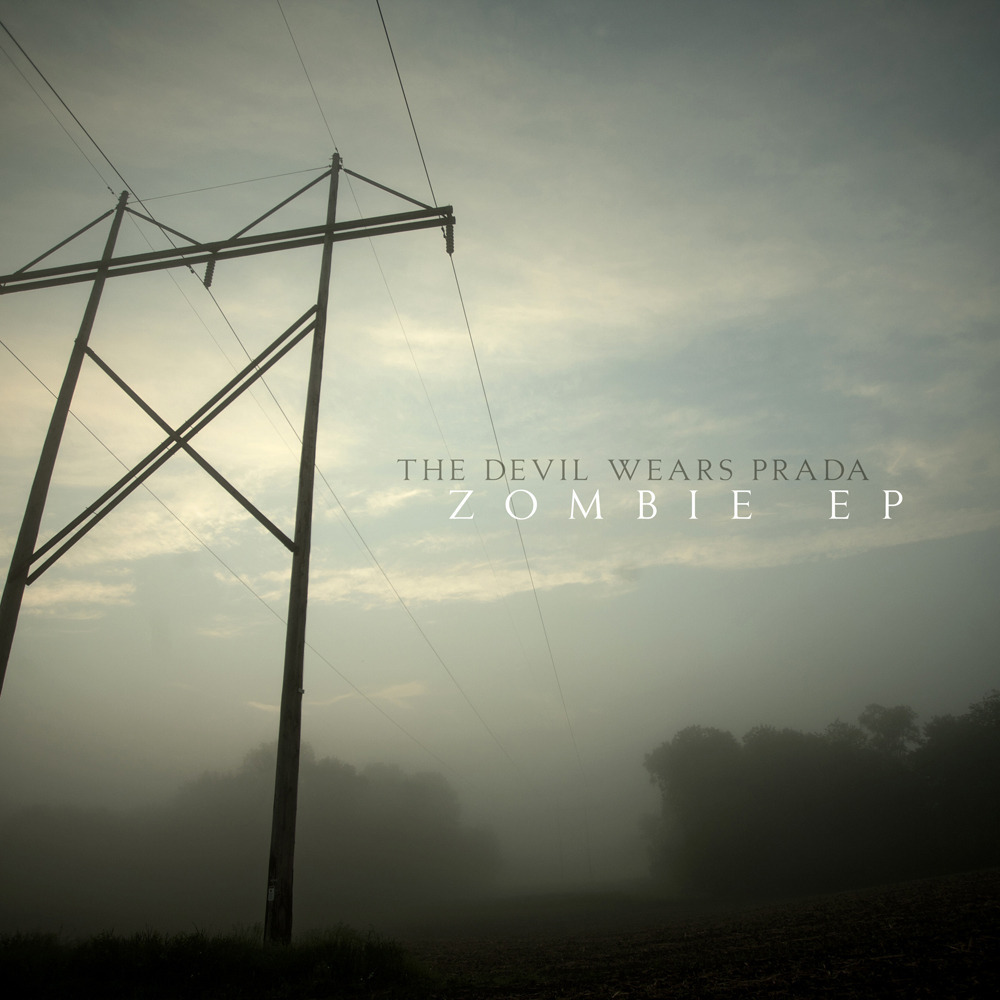- cross-posted to:
- chat
Friendly reminder that going into education as a leftist is the highest form of praxis.
Literature, especially AP courses. History sometimes, and occasionally science
My APUSH teacher and the sections of Zinn he made us read are 1,000% what started pushing me towards the left.
To add to this: No Child Left Behind really was the death knell for America's education system. Changing public school's emphasis from critical thinking to memorization not only creates generations of "parrots" (those who just repeat information that's been spun and warped to fit the empire's narrative), but its obsession with grades and scores only prove that students did the work, not that they actually learned anything. Couple that with its punitive, draconian success metric for schools, lower-income schools and those communities they're in never stood a chance. There's a lot of uproar about neo-lib/neo-con labor and economic policies on this website, which there should be, but there seems to be zero awareness or discussion about how devastating this is for leftism in America. It becomes increasingly difficult (borderline impossible) to deprogram people who've been fed a steady diet of pro-capitalist, pro-white supremacy, and pro-patriarchal propaganda for 20+ years without any kind of real development for critical thinking, critical reading, and critical writing. The left is delusional if it thinks any kind of progress can be made in this country before fixing this, or maybe I'm just being hyperbolic--I don't really know anymore.
Almost everything I learned despite school, not because of it. I taught myself a ton of stuff while I was in school out of boredom, but there are massive gaps in my education, especially around math, and it's very frustrating. When I do complicated math stuff, I know what I want to do, but not how to do it.
Kahn Academy is allegedly very good, although I haven't used it. I usually learn math stuff from old engineering textbooks as I need it, which is very frustrating and hurts my brain, but it's the fastest in the short term. I don't know enough to begin solving problems I don't know how to Google though. Like how do you calculate how low frequency sounds will get through openings of a known diameter? If the wave height is bigger than the diameter of the hole, the sound can get through by clipping the peaks, but how do you calculate that?
Stuff like that I can't figure out, and I don't even know where to start.
Testing is a.) Useless and b.) some kind of equivalent of regulatory capture.
AHHHHHHHHHH
As far as I know the obsession with testing is profit driven, with lobbyists driving the absurd push to reduce all education to testing testing testing, so they can sell testing products.
So broadly speaking there are three kinds of assessment, and testing kinda has a place in all 3, but it should never really be the only metric you use.
Initial assessment is what your new students take. This basically tells you roughly where they are and what they need to work on.
Formative assessment is the most crucial part and forms a bulk of the feedback a student gets. Good formative assessment tells the student what skills they've already got the hang of and what they need to work on (and how).
Summarative assessment is the end product. For almost every education system it's a test of some kind. Some are better, some are worse. Open questions are vital to assess a student's analytical or evaluative skills for instance, yet quite often this doesn't happen.
The problem is that if your summarative assessment is a timed test as most of us have experienced, you're no longer just testing ability or knowledge. You're testing how well someone performs under arbitary time pressure.
Summarative assessments essentially then inform every other type of learning and assessment in the course. Teachers have to teach to the test, learners begin to get really good at tests and tests are then made more numerous and harder until you get a weird feedback loop. More and more time is spent prepping for tests and the amount of time spent actually teaching the subject is slowly squeezed out. Initial and formative assessments are now almost totally based on the summarative final assessment because that's basically all you're teaching now. How to pass a test.
This also tends to be amplified by the fact closed questions on assessments are easier (and therefore cheaper) to mark because you still have to pay someone to mark them. Closed questions do not adequately assess if a learner has actually understood the subject.
Of course this also leads to arts and the humanities, subjects you really can't assess using cheap, standardised closed questions, getting pushed out.
Sorry, that accidentally turned into a massive wall of text.



